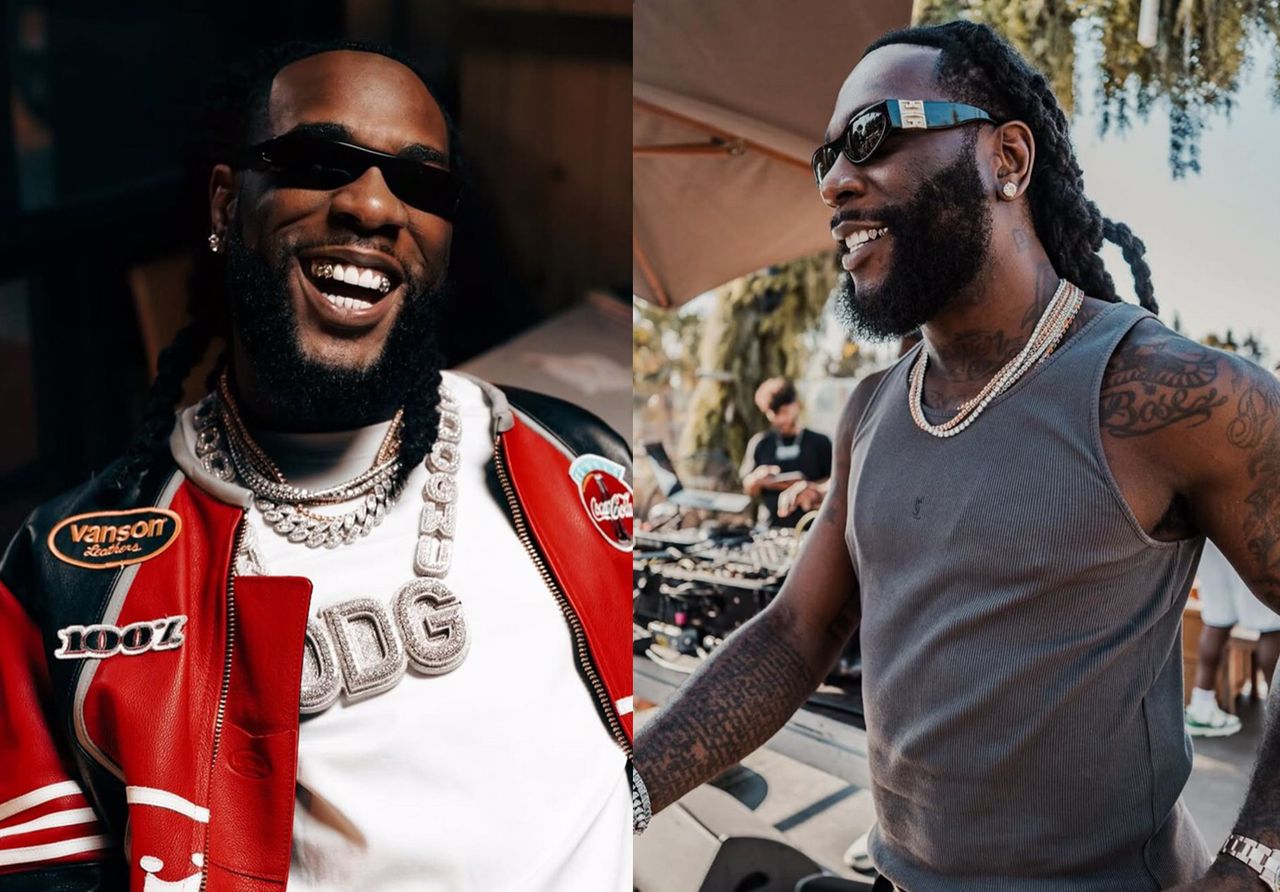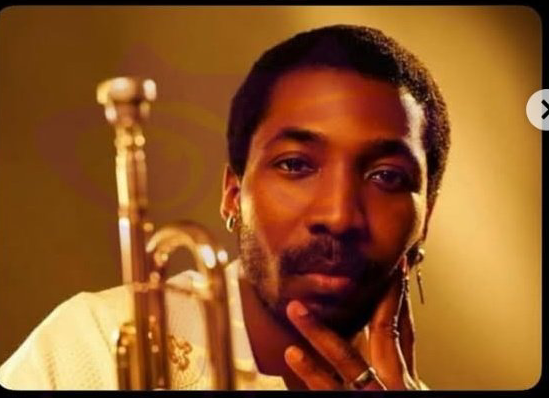
“My Armpit Hair Is My Power” – Burna Boy Sparks Reactions as He Explains Why Nigerians Think He Hates Shaving

Nigerian Grammy award-winning singer Damini Ogulu, popularly known as Burna Boy, has once again set social media buzzing after making a rather unusual but striking revelation about one of the many criticisms he often receives from fans and critics alike. The self-acclaimed African Giant, who is known for his bold personality and unapologetic statements, disclosed that many Nigerians believe he does not like shaving his armpits, but for him, it is far more than just a matter of grooming. According to Burna Boy, people associate his unshaved armpits with power, strength, and authenticity, and it has become one of those quirky topics that never stop following his brand and personality.
The conversation started after Burna Boy engaged his fans in a candid moment during an interaction where he touched on how Nigerians are always quick to create narratives around his looks, lifestyle, and choices. In his words, the Afro-fusion star revealed that the perception that he deliberately avoids shaving his armpits has been circulating for years, and while it may seem trivial to many, it represents something much deeper when viewed from a cultural and symbolic lens. Burna Boy stressed that body hair, especially in African traditions, has often been associated with masculinity, energy, and spiritual symbolism, and perhaps this is why some people have turned it into a belief that his armpit hair is a source of power fueling his creativity and stage dominance.
As expected, Burna Boy’s comment quickly stirred reactions across social media platforms, with fans and critics debating whether the claim is something he truly believes or just one of his signature ways of provoking conversation. Some Nigerians laughed off the statement, saying the singer was simply being his usual eccentric self, while others pointed out that Burna Boy has always had a way of turning even the smallest details of his life into a talking point that generates massive attention. A section of fans also argued that the remark was a subtle dig at the society’s obsession with policing the bodies and appearances of celebrities, reminding everyone that Burna Boy has never been the type to conform to anyone’s standards or expectations.
This revelation adds to the long list of instances where Burna Boy has chosen to embrace his individuality rather than bend to public pressure. Over the years, the “Last Last” crooner has been criticized for his fashion sense, his blunt attitude, and even his lyrical style, but he has always maintained that being himself is what has kept him at the top of his game. By linking his armpit hair to power, he indirectly reiterated a philosophy that has defined his artistry—authenticity over conformity. Burna Boy’s brand thrives on the idea that he is larger than life, that he is connected to his roots, and that he does not need to follow the usual celebrity playbook to command global influence.
Interestingly, this is not the first time the issue of body hair has become a topic of conversation in the Nigerian entertainment space. In the past, both male and female celebrities have been dragged online over personal grooming choices, with some fans insisting that public figures owe it to society to look “clean” and “polished” at all times. However, Burna Boy’s recent revelation sheds light on a deeper conversation about how society projects its values onto celebrities. For him, the perception that his armpit hair is his power may not be entirely literal, but it captures how people often mythologize stars and attach spiritual or symbolic meanings to their physical features.
In African culture, body hair has historically been a symbol of maturity, virility, and sometimes mystical energy. From traditional wrestlers to warriors, body hair was often left untouched as a representation of strength and natural identity. In that context, Burna Boy’s statement may not just be another flippant comment, but a reminder that some of these cultural associations still exist in subtle forms within modern society. The fact that Nigerians believe his unshaven armpits hold power only highlights how deeply cultural symbolism continues to shape conversations around celebrities, even in an age dominated by social media trends and global pop culture.
The reactions to Burna Boy’s remark also reflect the duality of his fan base—those who love him for his authenticity and those who constantly criticize his unconventional nature. Some fans applauded him for staying true to himself, emphasizing that his confidence and refusal to bow to societal grooming standards are what make him stand out. Others, however, accused him of using controversies to stay relevant in conversations, arguing that his statement about armpit hair being a symbol of power was nothing more than an attention-grabbing stunt. But if there is one thing Burna Boy has mastered, it is the art of taking control of the narrative. Whether people agree with him or not, the conversations he sparks often keep him trending and amplify his influence.
Burna Boy’s career has been defined by such moments of controversy and authenticity. From openly criticizing Nigerian leaders to sparking debates about African identity, to making bold fashion statements on global stages, he has built a reputation as someone who will always say what others shy away from. His comment about armpit hair may seem trivial to some, but in the grand scheme of things, it fits into the larger story of Burna Boy as an artist who embodies resistance, power, and raw individuality. Even the idea of associating his body hair with power aligns with his African Giant persona, a brand image he has consistently reinforced through his music, performances, and public appearances.
What is perhaps most fascinating about this revelation is how it underscores the complicated relationship between celebrities and their audience. Nigerians, like fans everywhere, often look for hidden meanings, quirks, and symbolic gestures in the lives of their favorite stars. A simple act like not shaving can evolve into a cultural myth, and in Burna Boy’s case, it becomes a narrative of power. This dynamic also shows how celebrities, knowingly or unknowingly, shape cultural conversations that go beyond entertainment and touch on identity, tradition, and individuality.
As the discussion continues to swirl online, it is clear that Burna Boy has once again succeeded in placing himself at the center of a cultural debate. Whether people see his statement as profound or absurd, it reinforces his image as an artist who cannot be ignored. For his fans, it is just another reminder of why they call him the African Giant—because he carries himself with a kind of larger-than-life presence that transcends music. For his critics, it is another example of his tendency to court controversy. But whichever side of the debate one falls on, the fact remains that Burna Boy has managed to turn something as ordinary as armpit hair into a national conversation about power, culture, and authenticity.
In the end, the Nigerian superstar’s revelation serves as both a humorous and symbolic reminder of how celebrities are perceived in society. For Burna Boy, armpit hair is not just hair—it is power, it is identity, and it is a refusal to conform. And for Nigerians, whether they agree with him or not, it is yet another chapter in the ever-evolving story of one of the most influential artists to emerge from Africa.

